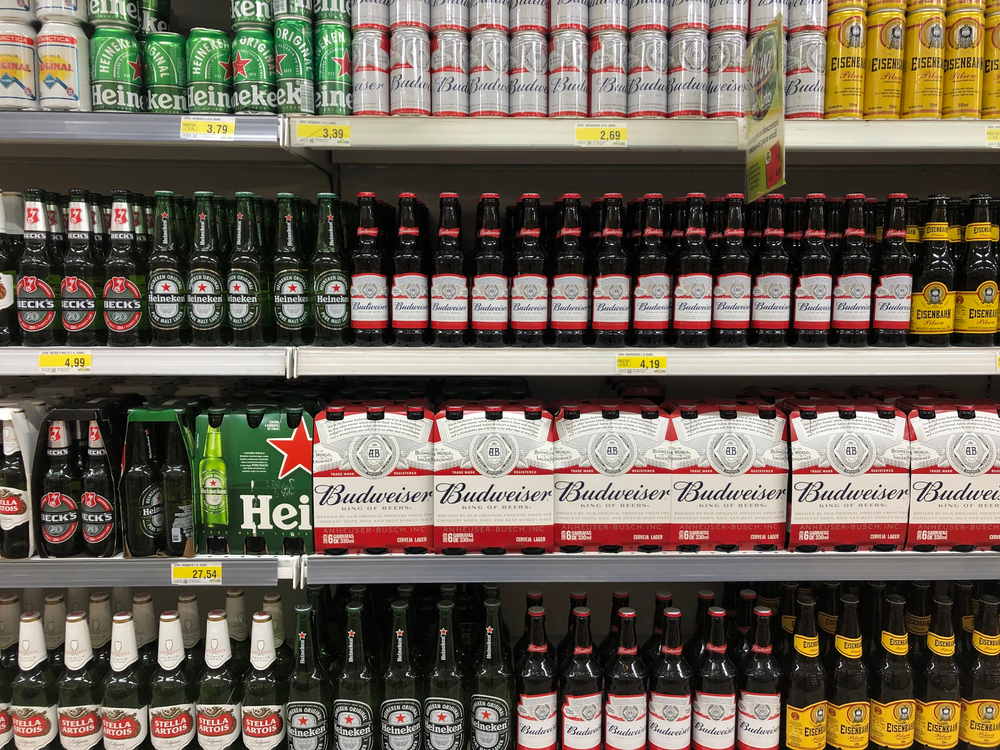Brazil’s Landmark Tax Reform: Unpacking the Sin Tax and Its Implications
In December, the Brazilian Congress passed a landmark tax reform that aims to simplify and modernize the country’s complex tax system. This sweeping tax overhaul is expected to bring significant changes, but much of its framework is still contingent on supplementary legislation, which Congress is now tasked with crafting. One of the most contentious issues now under review is the introduction of a selective tax, commonly known globally as a “sin tax.”
Understanding the Sin Tax
A sin tax is designed to levy additional charges on products and services deemed harmful to health or the environment. The current proposal in Brazil extends this tax to a variety of items, including betting services, sugary drinks, cigarettes, mining activities, and non-electric vehicles. Interestingly, electric vehicles have also been included in this list, sparking debate among stakeholders. Notably, firearms have been excluded from these levies, a victory for gun lobbies.
The Debate Heats Up
This new element of the tax reform has ignited intense debate. Economists, civil society organizations, and powerful industry sectors like oil and gas, mining, and beverage producers have all weighed in. These industries argue that the sin tax could negatively impact their revenues and exacerbate inflation.
However, proponents of the sin tax see it as a tool for promoting healthier lifestyles and encouraging environmental sustainability. By making harmful products more expensive, the tax could disincentivize consumption and lead to a greener economy.
Potential Long-term Benefits
“If well designed, it can even help to reduce the benchmark VAT rate,” says Braúlio Borges, a senior economist at consultancy LCA and a researcher at the Center for Fiscal Policy and Public Budget at the Brazilian Institute of Economics, part of think tank Fundação Getúlio Vargas (Ibre-FGV). Borges emphasizes that while people tend to view the sin tax primarily as a revenue-generator, its real impact lies in its potential to change consumption habits over time.
In an ideal scenario, these additional charges would discourage people from consuming harmful products altogether. However, in reality, consumption will likely continue albeit at reduced rates. The long-term objective is to gradually influence consumer behavior, encouraging choices that are better for both personal health and the environment.
Moving Forward
As the Brazilian Congress works through the specifics of the supplementary legislation, the conversation around the sin tax serves as a microcosm of the broader challenges facing the country’s tax reform efforts. Balancing economic growth with public health and environmental sustainability is no small feat. Yet, if designed and implemented carefully, the new sin tax could provide a multifaceted solution that not only generates revenue but also fosters a healthier, more sustainable future for Brazil.
For more information on the ongoing tax reforms and other economic policies in Brazil, visit the Brazilian Congress.
